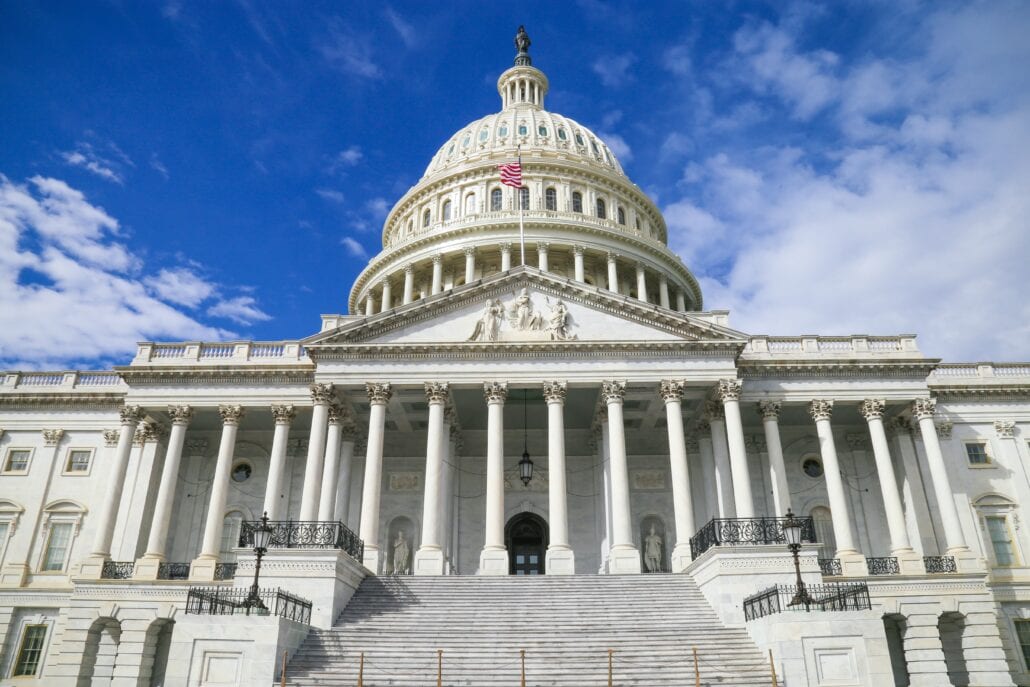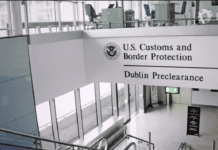
A government shutdown once again is looming come November 17. Here’s what it could mean for meetings and events.
While the House and Senate did manage to avoid a government shutdown in September, the Continuing Resolution they came up with to continue funding the government expires on Nov. 17. This means the American public is potentially facing yet another Groundhog-Day–like scenario where Congressional members play brinkmanship to get their way or else face a government shutdown.
According to Forbes and multiple other news outlets, newly elected House Speaker Mike Johnson told Senate Republicans that he will support a temporary resolution—a “laddered approach”—to keep the federal government funded ahead of another potential shutdown, but only through mid-January. The sticking point is divided support for combined foreign aid for Israel and Ukraine.
What could a government shutdown mean for meetings and events? If the shutdown only lasts a few days, probably not too much. But if it lingers, as we learned during a 34-day government shutdown in late 2018 into 2019, we could be looking at everything from long security lines to flight delays.
While both air traffic controllers and TSA agents are deemed among the 800,000 “essential workers” who are required to continue to go to work during a shutdown sans paycheck, history tells us that they won’t be too happy about the situation. It’s even possible that some may take a lesson from the 10 air traffic controllers who in 2019 decided to take a sick day. The ripple effects from just those 10 workers not showing up included forcing the FAA to issue a temporary shutdown at New York’s La Guardia airport and caused slowdowns at other major airports, including New Jersey, Philadelphia and Atlanta. A shutdown also would call a halt to training new air traffic controllers, including 1,000 who are currently in training and would be furloughed — something that the FAA desperately needs as it already is facing a staffing shortage.
In an interview in Politico, Transportation Secretary Pete Buttigieg said that a shutdown, even one that just lasts a few days, would mean the agency would not be able to meet its staff and hiring targets for next year.
While a sick-out by TSA agents who are mainly sick of working without pay wouldn’t be as dire, it likely would result in longer security lines, as happened in 2019 when, according to CNN, hundreds of TSA agents called in sick, causing bottlenecks at airports including Washington, Atlanta, Houston and Miami.
Aviation industry advocate Airlines for America said in a statement that “a government shutdown would further constrain an already stressed national aviation system, which could lead to flight delays for travelers and cargo shipments, longer screening lines and further setbacks in ATC hiring, aircraft certification and NextGen modernization initiatives. Commercial aviation plays a vital role in the American economy, supporting 5 percent of the U.S. gross domestic product and more than 10 million jobs. Failure to adequately fund the [Federal Aviation Administration] and TSA risks our ability to function efficiently and is not conducive to the growth and vitality of our airspace.”
International event organizers also could face delays in passport processing for their non-U.S. attendees should the building in which the passport agency is located runs out of funding to stay open. U.S. embassies and consulates would remain open and able to process passports and visas, according to a State Department contingency plan issued in 2022.
But will attendees still want to come to an event? According to the U.S. Travel Association, 60% of Americans said they would cancel or avoid air travel in the event of a government shutdown. Ultimately, USTA calculates, a federal government shutdown could cost the U.S. travel economy as much as $140 million a day.
“This completely avoidable situation threatens livelihoods and jobs across the U.S. economy,” U.S. Travel president and CEO Geoff Freeman said in a statement in October before the last-minute temporary reprieve. “Ultimately, travelers, businesses and workers will pay the price if lawmakers fail to enact a stop-gap funding bill.”










